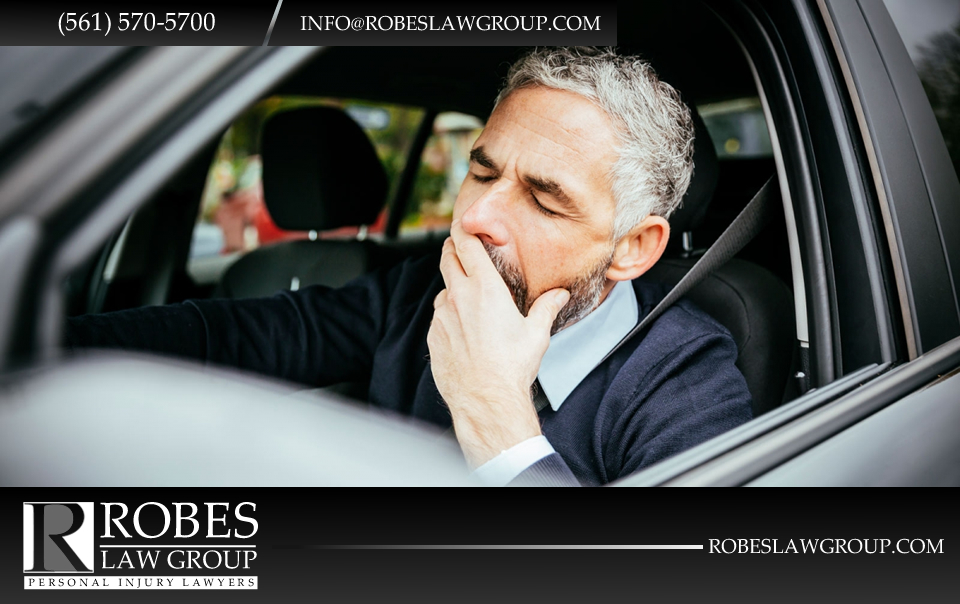How Drowsy Drivers Cause Crashes

Almost every driver has felt too tired to drive home at some point in their life. However, some drivers still get behind the wheel and attempt to make it home before they get some rest or sleep. Drivers may believe that turning on the radio, opening the windows, drinking coffee, or talking on the phone will keep them awake. The reality is that drowsy driving is always dangerous and can result in car accidents and injuries to others. In fact, at least 824 people lost their lives and thousands more suffered injuries due to drowsy drivers in a single year in the U.S.
According to the Centers for Disease Control and Prevention (CDC), about one in 25 drivers admitted to falling asleep while driving—and just within the prior month! Falling asleep while driving often results in a complete loss of control of the vehicle, and a driver may not jolt awake until it is too late to avoid a crash.
A driver does not have to fully fall asleep for drowsy driving to be dangerous. Drowsiness can result in any of the following:
- Decreased ability to focus on the road
- Slower reaction times to sudden risks or obstacles
- Ability to use proper judgment
If you ever miss an exit, start yawning and feel heavy eyes, forget the past few miles you drove, hit a rumble strip, or start to drift from your lane, you should pull over immediately and not return to the road until you get some rest. These warning signs are not enough to deter some drivers, however, and many people remain on the road and eventually crash into another vehicle.
If a driver knew they were drowsy and stayed on the road, any injured accident victims have the right to seek compensation from the negligent driver. You should not hesitate to contact an experienced car accident lawyer who can advise you of your rights.
Drowsy Commercial Drivers
Perhaps the most dangerous drowsy drivers are commercial drivers who operate large semi-trucks and other commercial vehicles. Unfortunately, these are some of the most common drowsy drivers, as well. Truck drivers often drive long, monotonous shifts, sleep in their trucks, and drive during the night due to decreased traffic. All of these factors can lead to sleepiness behind the wheel.
The Federal Motor Carrier Safety Administration (FMCSA) has strict limits on shift lengths for drivers to try to curb drowsy driving. Some drivers fail to comply with these limits and risk falling asleep on the highway. Others may follow the regulations but may become drowsy for other reasons and may not make the right judgment call to pull over. Instead, drivers may try to use coffee, energy drinks, and even drugs to stay awake, putting everyone on the road at risk of serious injuries.
Contact Robes Law Group today for a free case evaluation
Robes Law Group handles complicated car and truck accident cases stemming from drowsy driving. If you would like a free case evaluation please call us at (561) 570-5700 or use the button below to contact us online to learn more about how we can help.
